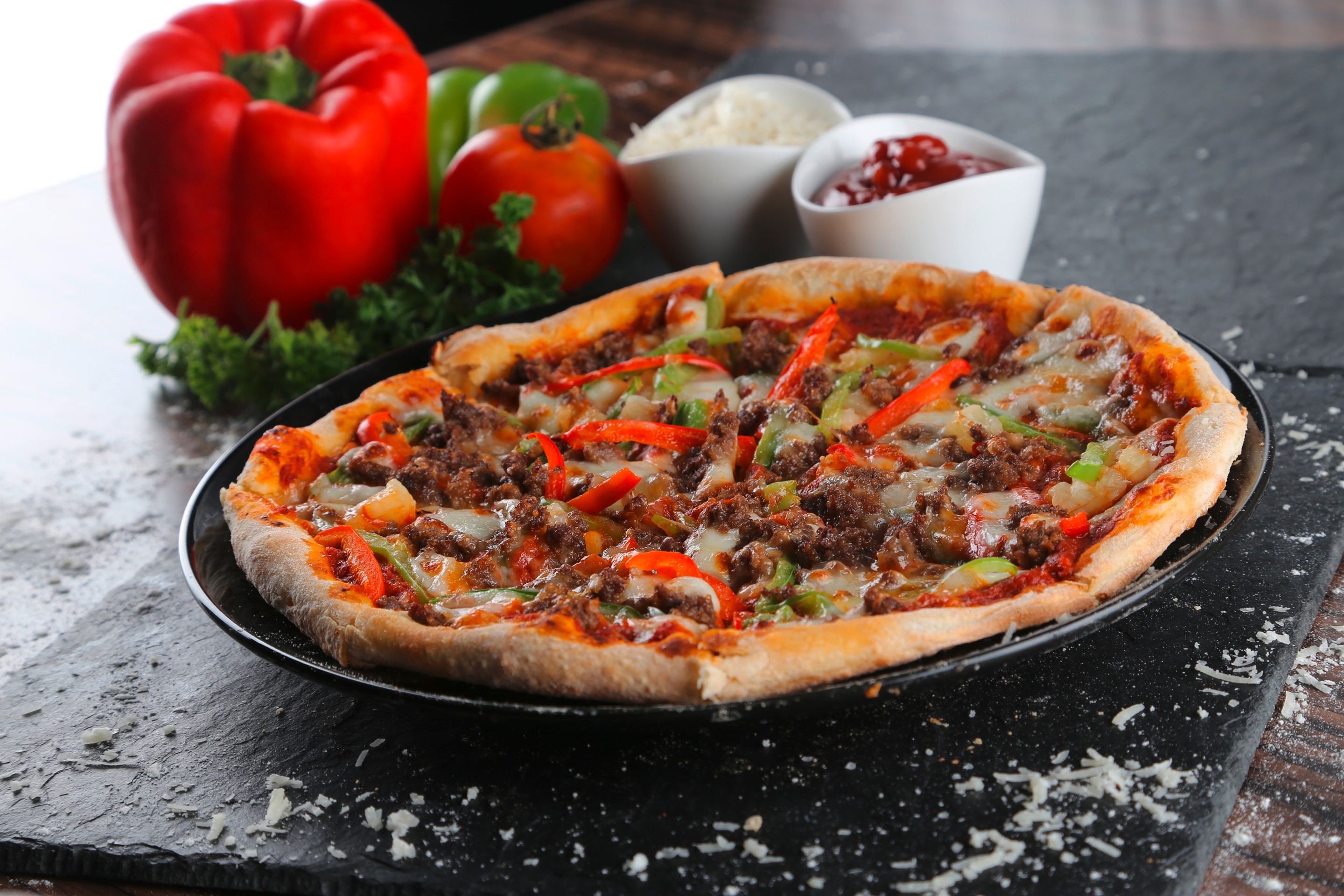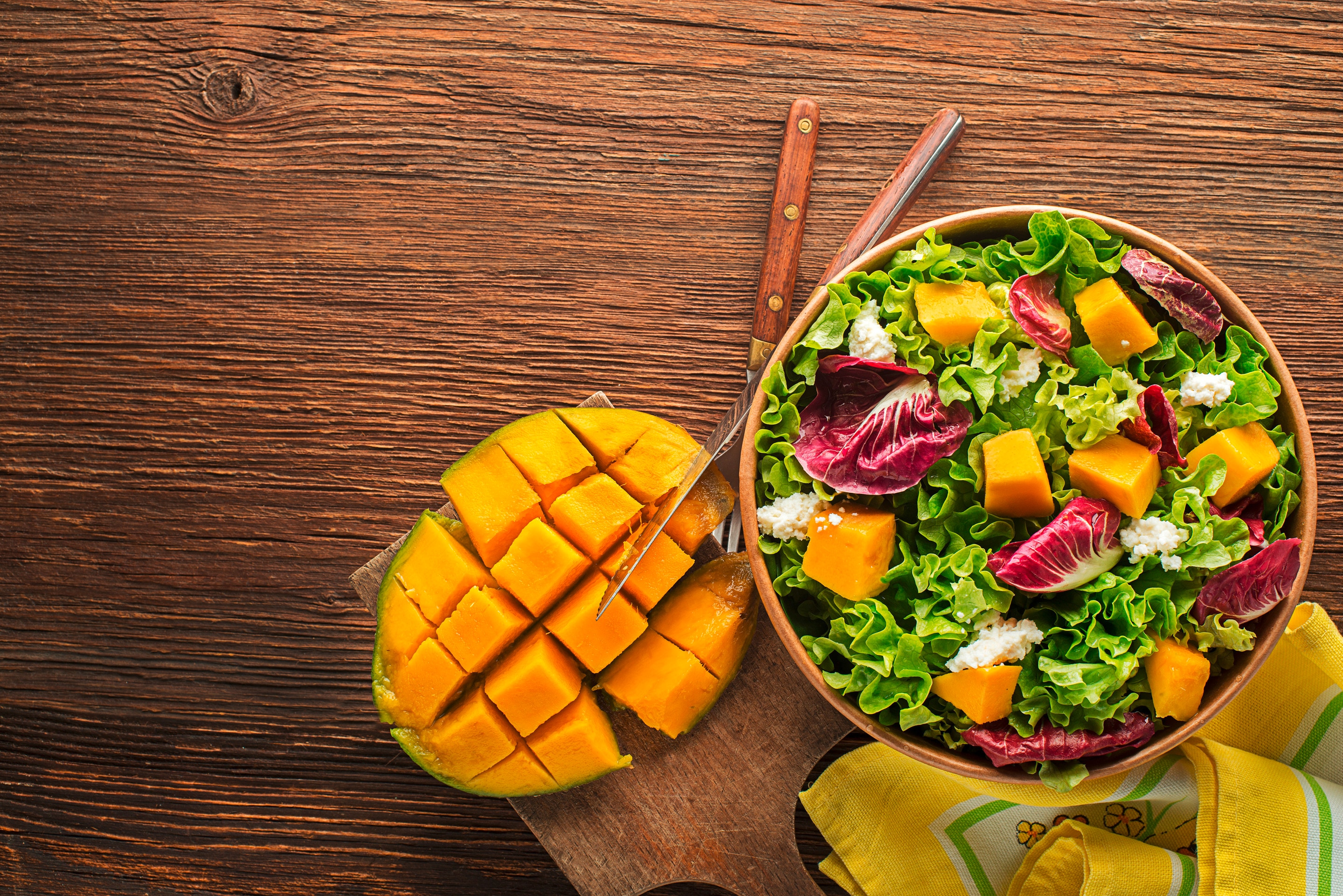Food For The Brain: 10 Smart Treats For Grade-Schoolers
Share to facebook Opens in new window
Just as your body needs protein before a workout, your brain requires certain nutrients to function better. That goes double for growing kids processing new information every day. Are you unsure what food for the brain will best support your children’s learning? This list is here to help.
Food for the Brain: 10 Nutritious Ingredients to Feed Your Kids

Fill your pantry with these 10 food items to boost brainpower in kids and adults alike! Make sure you stock up on them on your next grocery run.
1. Fatty fish
Oily fish like salmon, tuna, and sardines are rich in omega-3 fatty acids. These wholesome, unsaturated fats are essential for healthy brain function. Since the human body can’t produce these fats, you must get them through your diet. Thankfully, there are plenty of kid-friendly dishes featuring fatty fish, such as cheesy baked salmon and tuna pie.
2. Green, leafy veggies
Leafy greens and cruciferous veggies (broccoli, spinach, and kale) contain natural brain boosters, including folate, carotenoids, and flavonoids. Studies show these nutrients help support cognitive health and prevent diseases like dementia. If your kids refuse to go near anything green, try sneaking veg into their favorite ulam.
3. Berries

According to a Harvard study, two or more weekly servings of strawberries and blueberries can help delay memory decline. Berries are rich in flavonoids which help protect brain cells, safeguarding against memory loss. Next time your child studies for a test, slide them a dessert salad full of berries to boost their memorization skills.
4. Nuts
Northwestern Medicine lists almonds, macadamias, and walnuts as three of the most beneficial nuts for the brain. The first two improve memory and brain function, while the last offers twice as many antioxidants as other nuts. Here’s an after-school merienda idea: bring out a bowl of mixed nuts or almond butter bites for the kids to munch on!
5. Whole grains
Harvard Health calls whole grains a “complete package of health benefits.” Compared to refined grains, they retain valuable nutrients like fiber, phytochemicals, and various vitamins. Vitamin E, in particular, helps protect the brain against oxidative stress. The whole family can easily get their fill with brown rice, wheat bread, and rolled oats.
6. Eggs

Many people love eggs for their hunger-busting protein content. But did you know they’re also beneficial for brain health? Whole eggs contain tryptophan – an amino acid that boosts the “happy hormone” serotonin. Yay for happy brains! No wonder egg sandwiches never fail to make kids smile. Pro tip: add a layer of Lady’s Choice Chicken Spread to your sandwiches for extra heft.
7. Avocado
Nutritional psychiatrist Dr. Uma Naidoo includes avocados in her list of “the best brain-boosting foods people aren’t eating enough.” The creamy fruit has “relatively high amounts of magnesium,” which helps support proper brain function. For an easy, kid-approved treat, blend ripe avocados with milk and ice to make a Filipino-style shake.
8. Fermented food
In the same list, Naidoo mentions fermented food, including yogurt with active cultures, sauerkraut, and kimchi. If you’ve heard about the “gut-brain connection,” this inclusion makes a lot of sense. The probiotics in fermented food help improve gut function, which, in turn, aids the brain in managing anxiety and stress. Bring out the fruit-and-yogurt popsicles!
9. Dark chocolate

You may need to convince younger kids to choose dark chocolate over milk or white, but it’s worth the effort. Since it’s higher in cacao vs. its lighter counterparts, it’s also richer in brain-protecting antioxidants. In one study, The National Library of Medicine shares that cacao flavonoids can help with memory and learning. There’s your sign to add (dark) chocolate cake to the approved study snack list!
10. Spices
Most people think of spices as simple flavor enhancers, but they can do much more than that. They have antioxidant, anti-inflammatory, and anticarcinogenic benefits – and that’s just the shortlist. For extra brain power, make a cup of golden milk: an Indian drink of turmeric, coconut milk, and natural sweeteners. The curcumin in turmeric is said to boost memory and mood!
Make sure your kids enjoy food for the brain alongside other healthy habits, like exercise and social stimulation, to maximize their benefits. Why not schedule a picnic with their friends this weekend?
References:
- https://www.health.harvard.edu/healthbeat/foods-linked-to-better-brainpower
- https://www.bbcgoodfood.com/howto/guide/10-foods-boost-your-brainpower
- harvard-nutritionist-shares-the-best-brain-boosting-foods-you-are-not-eating-enough-of
- https://www.nm.org/healthbeat/healthy-tips/nutrition/best-food-for-a-healthy-brain
- https://www.hsph.harvard.edu/nutritionsource/what-should-you-eat/whole-grains/
- https://www.ncbi.nlm.nih.gov/pmc/articles/PMC3575938/
- https://www.health.harvard.edu/diseases-and-conditions/the-gut-brain-connection
Related Articles
- slide 1
- slide 2
- slide 3




